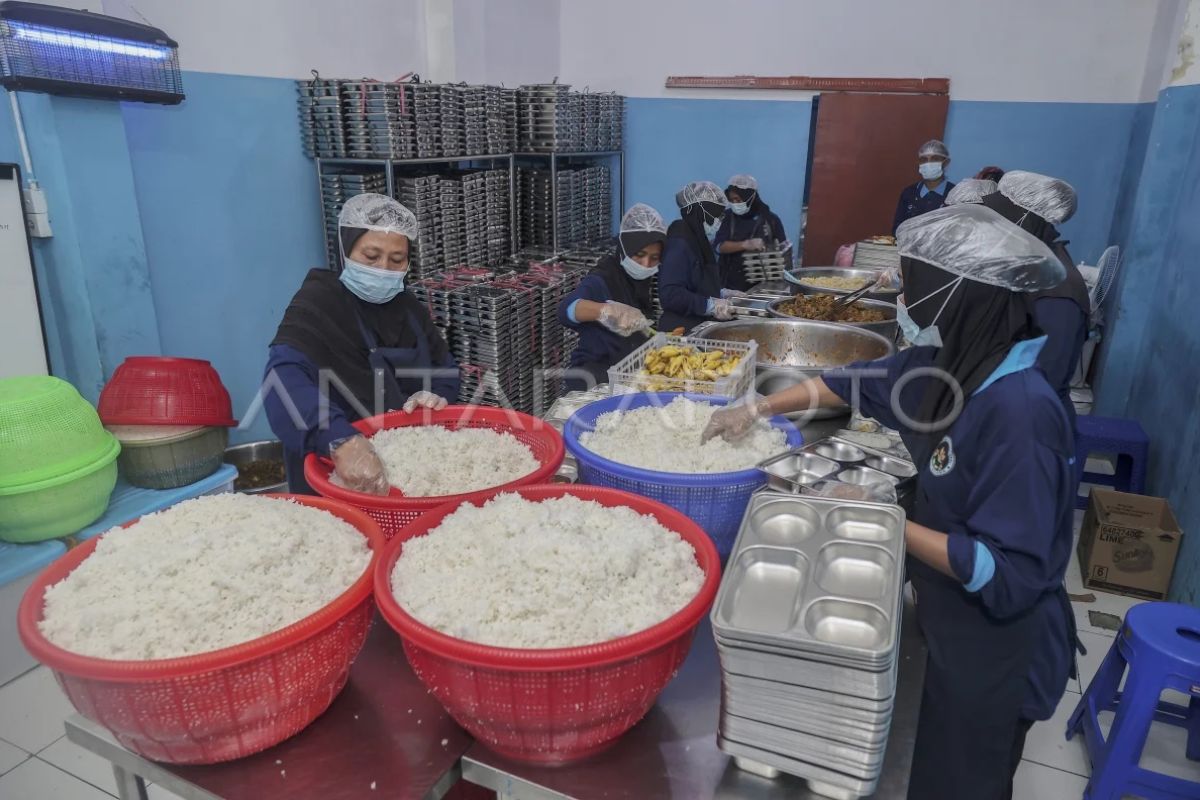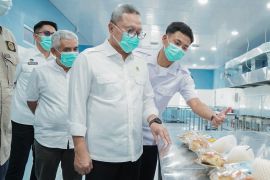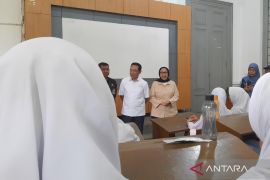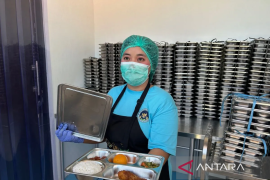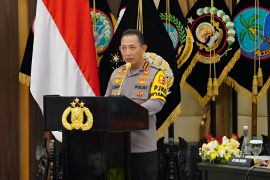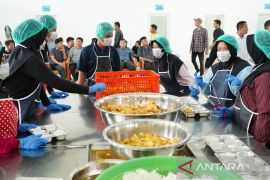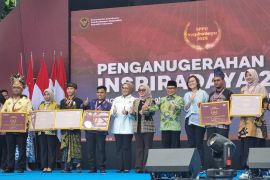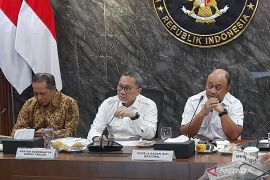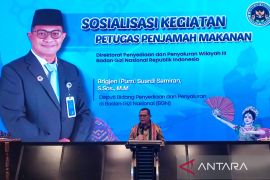“Beyond enhancing children’s nutritional intake, the MBG program is designed to create a business ecosystem that drives the grassroots economy,” he said in a press release received in Jakarta.
The minister explained that the program operates through Nutrition Fulfillment Service Units (SPPGs), each supported by about 15 suppliers employing three to five workers. “This program generates multiplier effects by involving MSMEs and absorbing local workers. The impact is real,” he said.
Abdurrahman acknowledged, however, that the program still faces challenges requiring evaluation and reform. He stressed the need to review governance, systems and implementation nationwide.
Related news: Tangerang to tighten oversight of free meal program
He also rejected claims of fictitious SPPGs. “Around 5,000 SPPGs have been registered but not yet built or operational. They cannot be called fictitious,” he said, adding the government would remove idle units from the program’s list.
According to him, many business operators have identified potential SPPG sites but stalled construction due to financial constraints. He urged the National Nutrition Agency (BGN) to strengthen its mechanisms for designating SPPG sites and the schools they serve.
On recent reports of food poisoning, Abdurrahman said the government had suspended 56 SPPGs linked to the incidents. “These kitchens have been temporarily shut down for full evaluation. Safety, especially for children receiving free meals, is our top priority,” he said.
The MBG program, launched in January, targets school-age children, pregnant women, breastfeeding mothers and toddlers. It is expected to reach at least 83 million beneficiaries nationwide this year.
Related news: BGN certifies 198 free meal kitchens, urges hygiene compliance
Translator: Shofi A, Tegar Nurfitra
Editor: Rahmad Nasution
Copyright © ANTARA 2025
